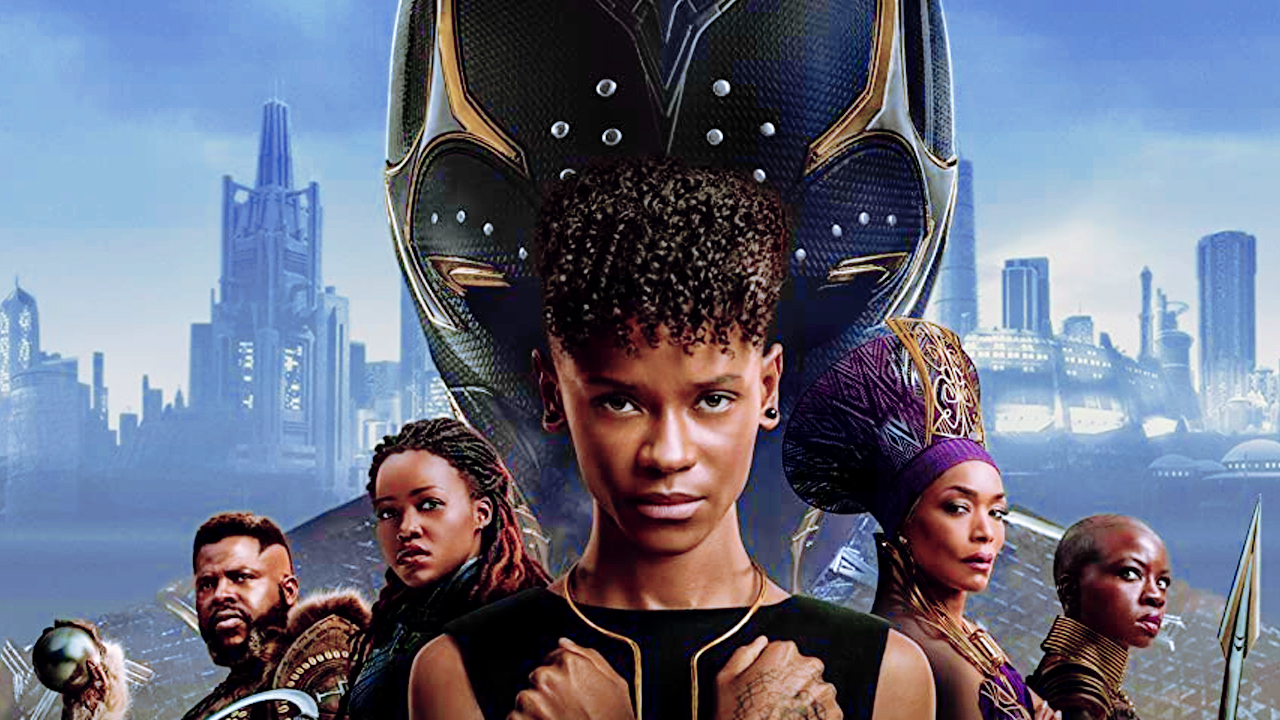The figure of David Cage is widely known in the world of video games for his passion towards innovationwhich results in works as special as Fahrenheit or Heavy Rain. The French developer only has a handful of titles under its belt and the most unknown of them is the one that began its journey through the medium on PC and the SEGA Dreamcast.
Omikron: The Nomad Soul is the name given to a project that was born with a 200-page document full of unimaginable ideas for the late 90s. “I was dreaming of a game in an open world city where I could go wherever I wanted, meet anyone, use vehicles, fight and transfer my soul to another body. When my friends read it, they said, ‘David, this is not technically feasible,'” Cage said. A “GTA science fiction“, as he himself stressed and was very close to achieving it.
In a futuristic context, we are placed in the citadel of Omikron, which is located on the world of Phaenon, and covered by a glass dome that protects its countless inhabitants from the ice age caused by the extinction of the sun
The Nomad Soul It had it all, as it shamelessly combined third-person adventure with side-view combat and transformed into an FPS during gunfights. Every physical movement drains energy and death was not the end, since we could be reincarnated as an NPC from a list of more than forty available. Spells, combos, floating vehicles and a whole range of unique features made up a work that wove a plot of mystery.


“There were a lot of new ideas, probably too many. I wanted to mix different genres, but I wouldn’t say we achieved it 100 percent,” Cage admitted at the time. In fact, he himself admitted that it was impossible for him to play in the first-person sections because it made him dizzybut the editor insisted on that idea because Half-Life was the success of the moment.
Such a virtual feat began with little hope, since Cage left his job as a musician specializing in advertising, and hired six friends to work in a soundproof studio of just 15 square meters. The creation of a demo was planned within a maximum period of six months and, if the objective was not achieved, Cage would lose all the savings he had amassed by working. With just two weeks left until the deadline, Eidos approved what was shown
This was how Cage’s dream came true, which was imperfect, but that was the least of it. In the studio they celebrated the trade agreement in style, although the blow on the table had yet to be struck. Although The Nomad Soul It has enough arguments to be remembered simply for its unusual world, the masterstroke came with the incorporation of David Bowie as head of the musical section.


Before signing him, consideration had been given to commissioning the composition from Icelandic art-pop singer Björk, Massive Attack and Archive. None of those possibilities came to fruition, so Bowie was chosen, although with a twist. The Dreamers was created, a fictional musical group that existed in the world of The Nomad Soulwhich performs concerts in complete secrecy in the bars of Omikron. Eight vocal songs and another eight instrumental songs are part of the playlist created jointly by Bowie and Reeves Gabrels, Bowie’s right-hand man and member of The Cure.
The studio album, Hourswas released in 1999 on BowieNet, a page created exclusively for online sales, which made it the first in history to be available over the Internet. Bowie’s integration was intended to be even greater, so designer Phillip Campbell attempted to add character animations based on David Bowie’s “signature moves.”


The problem arose when Bowie stated that It did not have any dance or movement of its ownso he delegated Edouard Locke, his choreographer, to put on the characteristic motion capture suit and have his steps included for the leader of Dreamers, who was represented by Bowie. However, the commercial destiny of The Nomad Soul It was very poor.
“The games I create seem to be too weird for US marketing. In the US, Eidos didn’t support the game at all. The big sales were in Europe, where we sold between 400,000 and 500,000 copies. It was too artsy, too French, too ‘something’ for the American marketing team.”
At least, that strange first step laid the foundation for Quantic Dream to be recognized as the studio that offers the greatest daring on a narrative level. We are all waiting for Star Wars Eclipsealthough the result will not be as bizarre as in 1999.
In iGamesNews | Star Wars Eclipse: everything we know about the first Star Wars video game set in the High Republic era
In iGamesNews | “Can we play a story?” David Cage talks about the past, present and future of Quantic Dream









